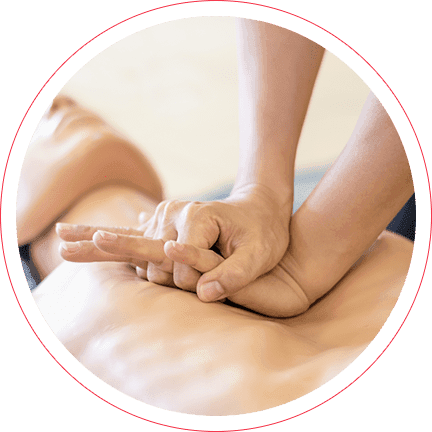CPR certification is an important life-saving skill that everyone should know. Cardiopulmonary resuscitation, or CPR, is a lifesaving technique that can help someone suffering from a cardiac or respiratory emergency.
CPR can be used to help someone who is having a heart attack, drowning, or choking. It is a simple yet effective procedure that can help to save a life.
What Are the Benefits of Getting a CPR Certification?
CPR certification is an important credential for anyone working in the medical field. It can also be extremely beneficial for those who are not medical professionals but who want to be able to help in the event of an emergency. Here are some of the benefits of getting a CPR certification:
1. Help You Save a Life
In the event of a cardiac emergency, every second counts. If you are CPR certified, you can step in and provide life-saving assistance until medical professionals arrive.
2. Give You Peace of Mind
Being CPR-certified can provide you with a sense of security and peace of mind. If an emergency occurs, you will know you are prepared to handle it.
3. Make You More Employable
Many employers prefer to hire CPR-certified candidates, especially in the medical field. Having CPR certification on your resume can give you a competitive edge when applying for jobs.
4. Become a Better Leader
If you are CPR-certified, you may be called upon to take charge in an emergency. This can help you develop leadership skills that will benefit your personal and professional life.
5. Build Your Confidence
Knowing that you are CPR-certified can help you feel more confident in your abilities. This confidence can extend to other areas of your life, such as your relationships and career.
6. Give You a Sense of Satisfaction
Knowing that you have the skills to save a life can be a great source of satisfaction. This satisfaction can come from the knowledge that you are prepared to help in an emergency and that you are capable of making a difference.
How Do You Get CPR Certification?
Many organizations offer CPR certification, including the American Red Cross and the American Heart Association. The Red Cross offers both in-person and online courses, while the American Heart Association offers online, blended, and in-person courses.
CPR certification costs vary depending on the organization and the course you take. In-person courses are typically more expensive than online courses, but they may be more convenient for some people. Blended courses, which combine online and in-person instruction, may be a good option for those who want the flexibility of an online course but also want the opportunity to practice their skills in person.
Once certified in CPR, it is important to keep your certification updated. Most organizations require you to renew your certification every two years.
Conclusion
CPR certification is a process in which an individual is trained to properly perform CPR on someone experiencing a cardiac arrest. The certification process usually involves taking a class, passing a written exam, and successfully performing CPR on a mannequin. After becoming certified, it is important to keep up with your training by taking refresher courses and staying up-to-date on the latest CPR guidelines.
If you are seeking CPR certification in Northwest Indiana, you can get it from Medical Career Academy. We provide each student with a high-quality education to ensure they are ready to enter the medical field. Get in touch with us to learn more about our offerings.

